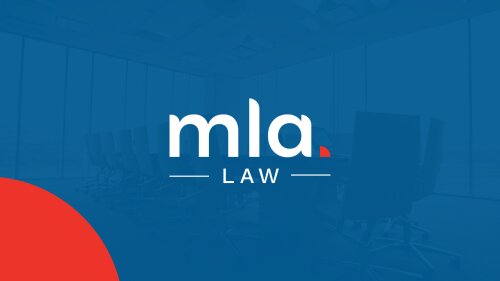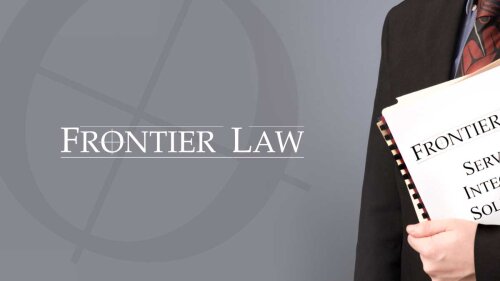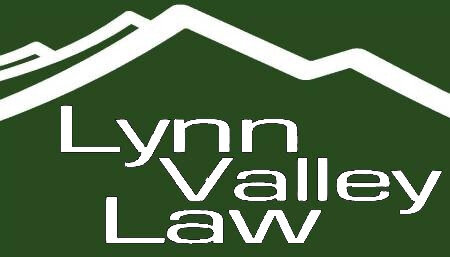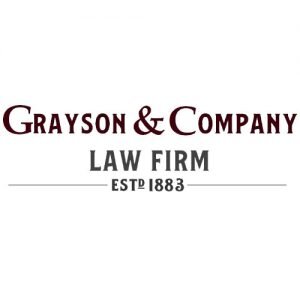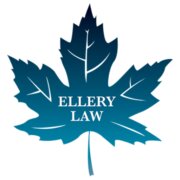Best Land Use & Zoning Lawyers in Canada
Share your needs with us, get contacted by law firms.
Free. Takes 2 min.
Free Guide to Hiring a Real Estate Lawyer
Or refine your search by selecting a city:
List of the best lawyers in Canada
About Land Use & Zoning Law in Canada
Land Use & Zoning laws in Canada govern how land can be used in different parts of the country. These laws are crucial for maintaining order and ensuring developments are executed in a way that respects the environment, community aesthetic, infrastructure capacity, and public safety. Land use and zoning regulations are primarily managed at the municipal level, with provincial governments providing overarching frameworks and policies. The purpose of these laws is to manage urban growth, protect natural environments, and organize residential, commercial, industrial, and agricultural areas.
Why You May Need a Lawyer
There are numerous scenarios where you might need legal assistance in land use and zoning matters. Here are some common situations:
- Challenging a zoning decision made by a municipal council that affects your property rights.
- Applying for a zoning variance or special permit for property development that does not comply with current zoning regulations.
- Navigating complexities in rezoning applications for land development projects.
- Dealing with by-law violations or disputes involving land use and property rights.
- Assessing legal implications of new municipal plans or amendments to existing zoning by-laws.
- Participation in public hearings and providing legal submissions in support or opposition to proposed land use changes.
- Environmental assessments and ensuring compliance with environmental zoning laws.
Local Laws Overview
Land use and zoning laws are managed by local municipal governments in Canada but follow provincial legislative frameworks. Key aspects include:
- Zoning By-Laws: These dictate the permitted uses of land and buildings, and regulate lot sizes, types of buildings allowed, building heights, and setbacks.
- Official Plans: Long-term planning documents that guide land use and development in a municipality to ensure orderly growth and development.
- Development Permits: Required for certain types of developments or changes in land use, ensuring they conform with zoning by-laws.
- Amendments and Variances: Processes for altering zoning by-laws to accommodate specific projects or to address non-conforming uses.
- Subdivision Control: Regulations concerning the division of land into parcels to regulate their development.
Frequently Asked Questions
What is zoning and why is it important?
Zoning refers to the laws that govern how land within certain areas can be used. It is essential for maintaining organized growth, ensuring public safety, and facilitating sustainable development.
How can I find out the zoning of a particular property?
Zoning maps and by-laws are typically available on local municipal websites or at the city planning office.
Can I change the zoning designation of my property?
It is possible to apply for a rezoning through your local municipal office. However, this can be a complex process requiring assessments and public consultations.
What are building setbacks and how do they affect my property?
Building setbacks dictate how far structures must be from property lines, streets, or other structures. They are vital to ensure public safety and maintain neighborhood aesthetics.
What is a variance, and when might I need one?
A variance is a request to deviate from the current zoning requirements. You may need one if your proposed project does not comply with local zoning by-laws.
How do environmental regulations impact land use and zoning?
Environmental regulations may restrict land use to protect natural resources, requiring compliance with certain policies before development.
Can zoning decisions be appealed?
Yes, zoning decisions can sometimes be appealed to municipal boards or other appropriate bodies, but this process varies by location.
What is an official plan amendment?
An official plan amendment involves changes to long-term planning documents to guide land use policy within a municipality. It's often required for significant zoning changes.
Are there penalties for violating zoning by-laws?
Yes, violations can lead to fines, orders to cease activity, or mandates to remove the non-compliant development.
How does zoning affect commercial developments?
Zoning determines the areas where commercial activities can take place, influencing design, size, and type of operation allowed in those areas.
Additional Resources
Several resources are available for those seeking more information on land use and zoning:
- Municipal Planning Departments: Your local planning department can provide detailed zoning maps and information.
- Provincial Ministries of Municipal Affairs: Provinces often have resources and policy documents related to planning and zoning.
- Urban Development Institutes: These organizations support sustainable urban development practices and provide research and resources.
- Local Law Clinics: Offering free or low-cost legal advice for land use and zoning matters, often associated with universities.
Next Steps
If you need legal assistance with land use and zoning, consider the following steps:
- Consult a Lawyer: Seek out lawyers specializing in land use and zoning to discuss your situation.
- Gather Documentation: Collect any relevant documents, including zoning maps, permits, or notices received from municipal authorities.
- Understand Your Rights: Research your rights and responsibilities under local zoning laws to better comprehend your legal position.
- Attend Public Meetings: Participate in public consultations or hearings to voice concerns or support for local zoning issues.
Lawzana helps you find the best lawyers and law firms in Canada through a curated and pre-screened list of qualified legal professionals. Our platform offers rankings and detailed profiles of attorneys and law firms, allowing you to compare based on practice areas, including Land Use & Zoning, experience, and client feedback.
Each profile includes a description of the firm's areas of practice, client reviews, team members and partners, year of establishment, spoken languages, office locations, contact information, social media presence, and any published articles or resources. Most firms on our platform speak English and are experienced in both local and international legal matters.
Get a quote from top-rated law firms in Canada — quickly, securely, and without unnecessary hassle.
Disclaimer:
The information provided on this page is for general informational purposes only and does not constitute legal advice. While we strive to ensure the accuracy and relevance of the content, legal information may change over time, and interpretations of the law can vary. You should always consult with a qualified legal professional for advice specific to your situation.
We disclaim all liability for actions taken or not taken based on the content of this page. If you believe any information is incorrect or outdated, please contact us, and we will review and update it where appropriate.
Browse land use & zoning law firms by city in Canada
Refine your search by selecting a city.



